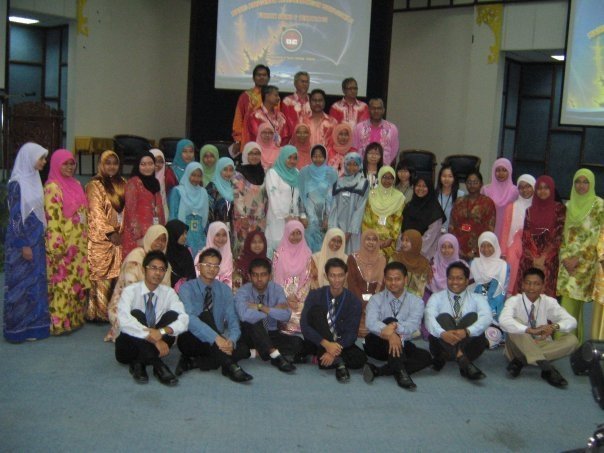As an educator and a trainer in the future, I constantly strive to make learning fun, interactive, encouraging, rewarding, and above all, purposeful. There is a need to constantly innovate and experiment, or else these ideas would reduce to mere rhetoric.
The biggest obstacle to improving teaching, yet one of the more prevalent notion among educators is to think that the onus to make learning effective lies completely on none other than the students. Some common cliché like, “students must not be spoon-fed”, “they have to learn to be independent and proactive”, “we were trained by chalk and talk professors”, “if they fail, so what?” sum up this notion of students are to blame for failing. There is a need for a paradigm shift amongst educators; from the paradigm of blaming the students for their failures to that of accepting responsibilities to make teaching more effective. Thankfully, in the developed countries, the trend is more balanced towards improving the educators teaching approaches apart from the students learning skills. Working with this frame of mind, I constantly find ways to reflect, re-assess, evaluate, find and test new measures to improve teaching. To gain respect as an educator, one has to be genuinely convinced that everyone has special talents and that no one knows everything. Respect for the students and trainees should be manifested in our interactions with them. With fresh students, I would constantly encourage, admire and praise volunteers who responded to questions in class. I would give leads to these questions, and above all, would avoid cornering them. To me, patronizing is a sin. In answering questions from students and trainees, I will never ashamed of saying a straight “I do not know”, or, “I am no expert in the area”.
I strongly believe that learning should create selfless people who have the interest of mankind at heart as opposed to those who learn for primarily for his own worldly and material gains. My ultimate goal is to create a selfless and caring intellectual with the insatiable desire to quest and disseminate knowledge and to equip them the capacity for life-long learning, as oppose to those who learn just to survive.
The biggest obstacle to improving teaching, yet one of the more prevalent notion among educators is to think that the onus to make learning effective lies completely on none other than the students. Some common cliché like, “students must not be spoon-fed”, “they have to learn to be independent and proactive”, “we were trained by chalk and talk professors”, “if they fail, so what?” sum up this notion of students are to blame for failing. There is a need for a paradigm shift amongst educators; from the paradigm of blaming the students for their failures to that of accepting responsibilities to make teaching more effective. Thankfully, in the developed countries, the trend is more balanced towards improving the educators teaching approaches apart from the students learning skills. Working with this frame of mind, I constantly find ways to reflect, re-assess, evaluate, find and test new measures to improve teaching. To gain respect as an educator, one has to be genuinely convinced that everyone has special talents and that no one knows everything. Respect for the students and trainees should be manifested in our interactions with them. With fresh students, I would constantly encourage, admire and praise volunteers who responded to questions in class. I would give leads to these questions, and above all, would avoid cornering them. To me, patronizing is a sin. In answering questions from students and trainees, I will never ashamed of saying a straight “I do not know”, or, “I am no expert in the area”.
I strongly believe that learning should create selfless people who have the interest of mankind at heart as opposed to those who learn for primarily for his own worldly and material gains. My ultimate goal is to create a selfless and caring intellectual with the insatiable desire to quest and disseminate knowledge and to equip them the capacity for life-long learning, as oppose to those who learn just to survive.







Post a Comment